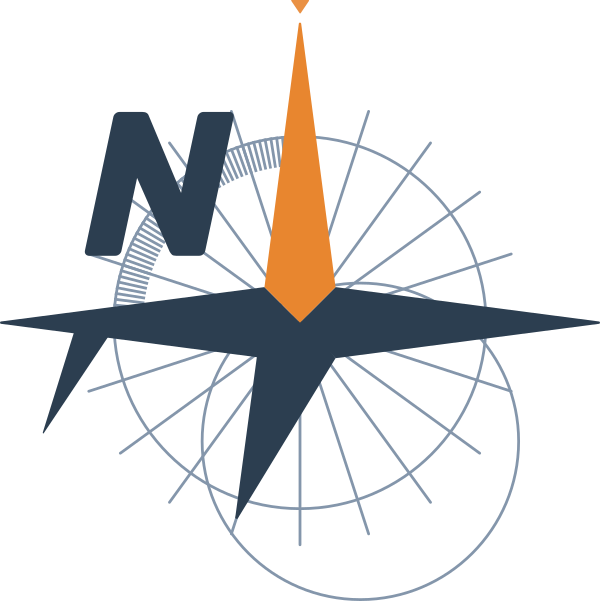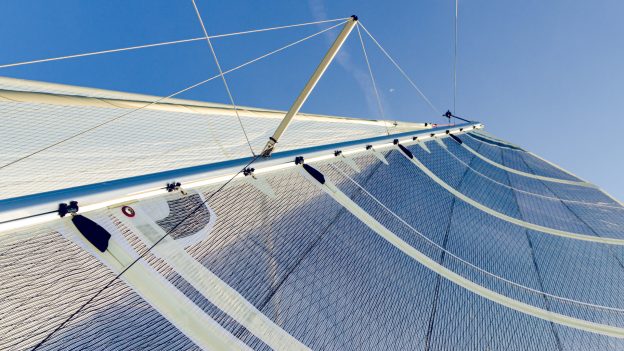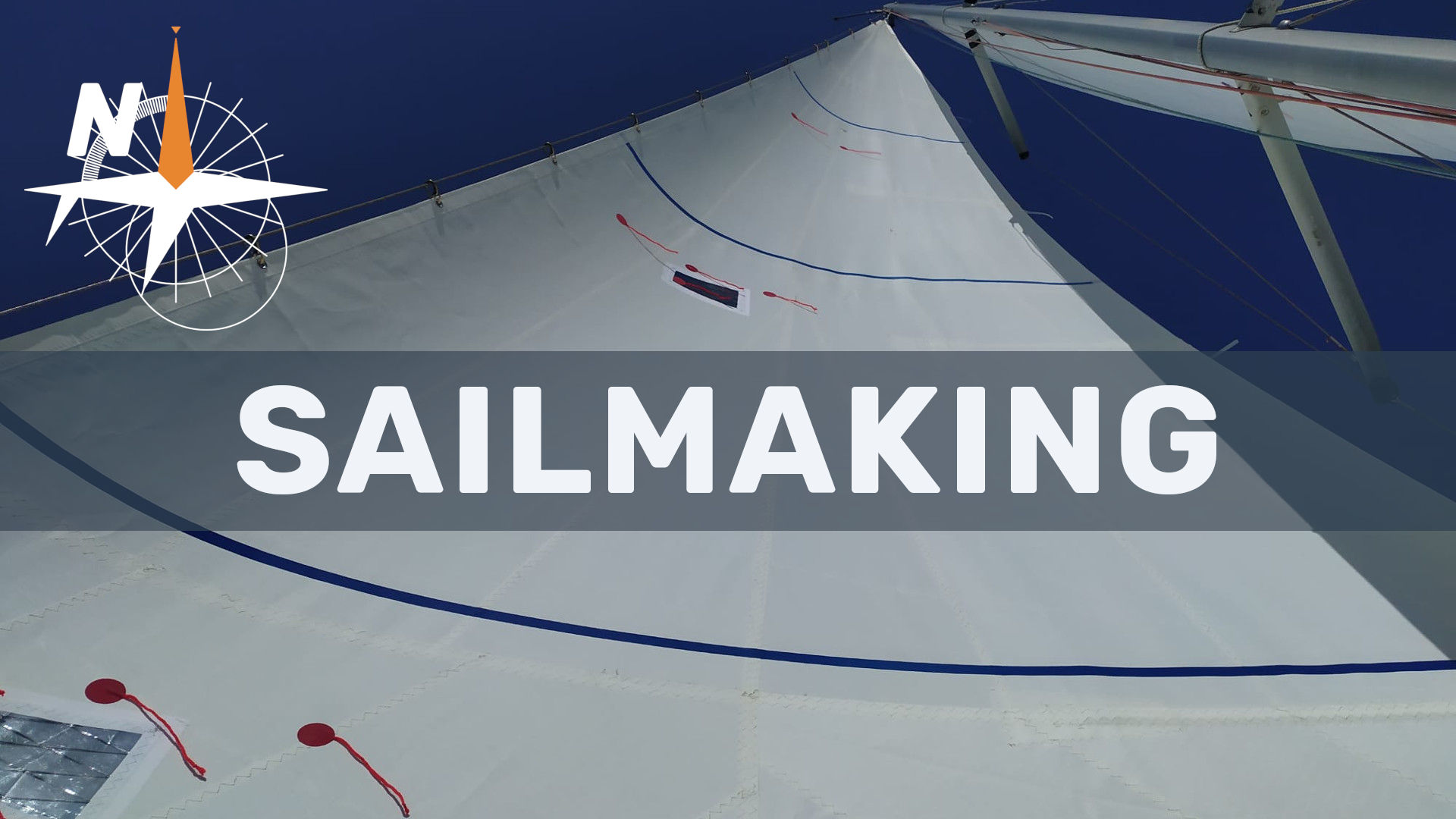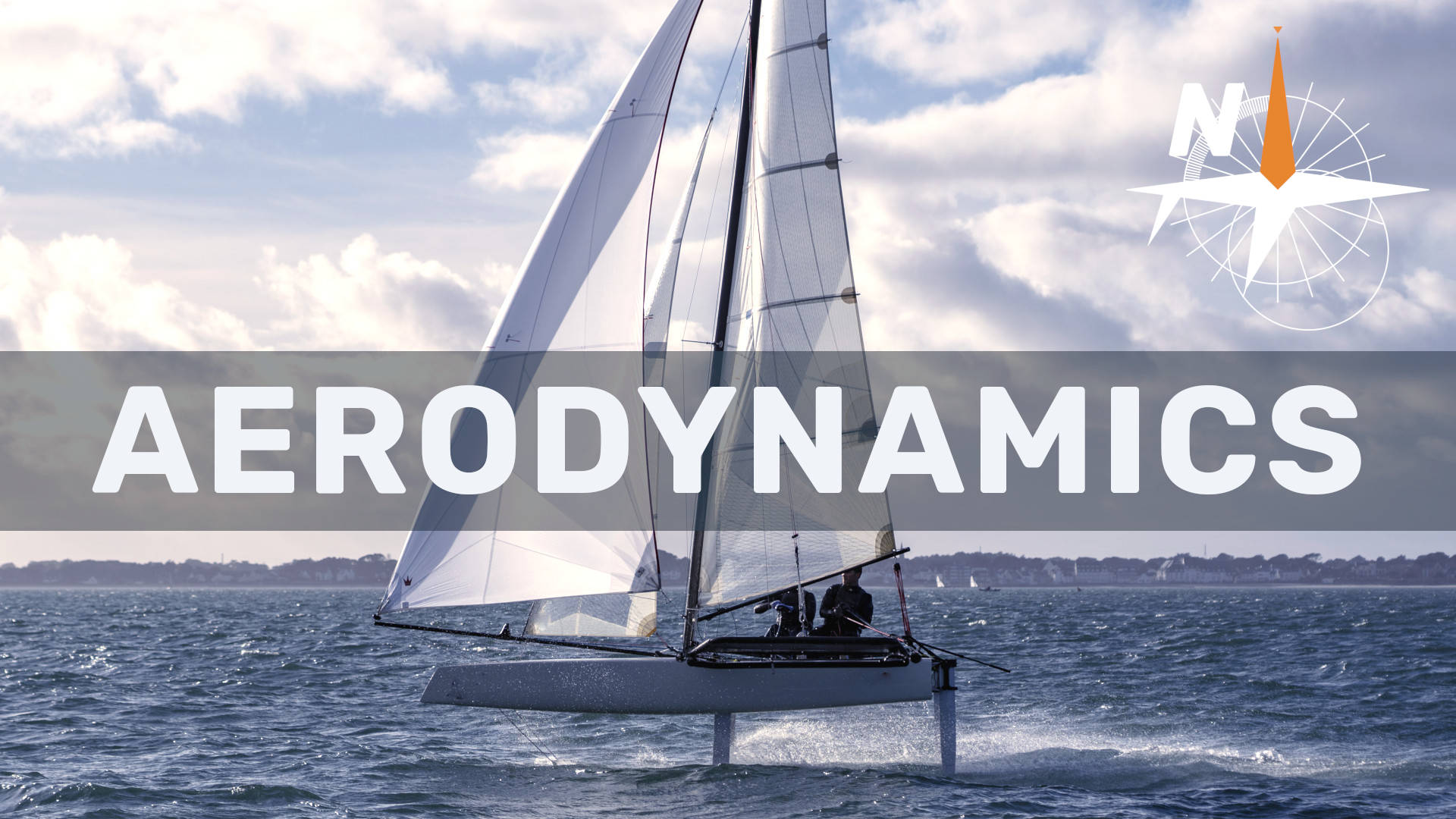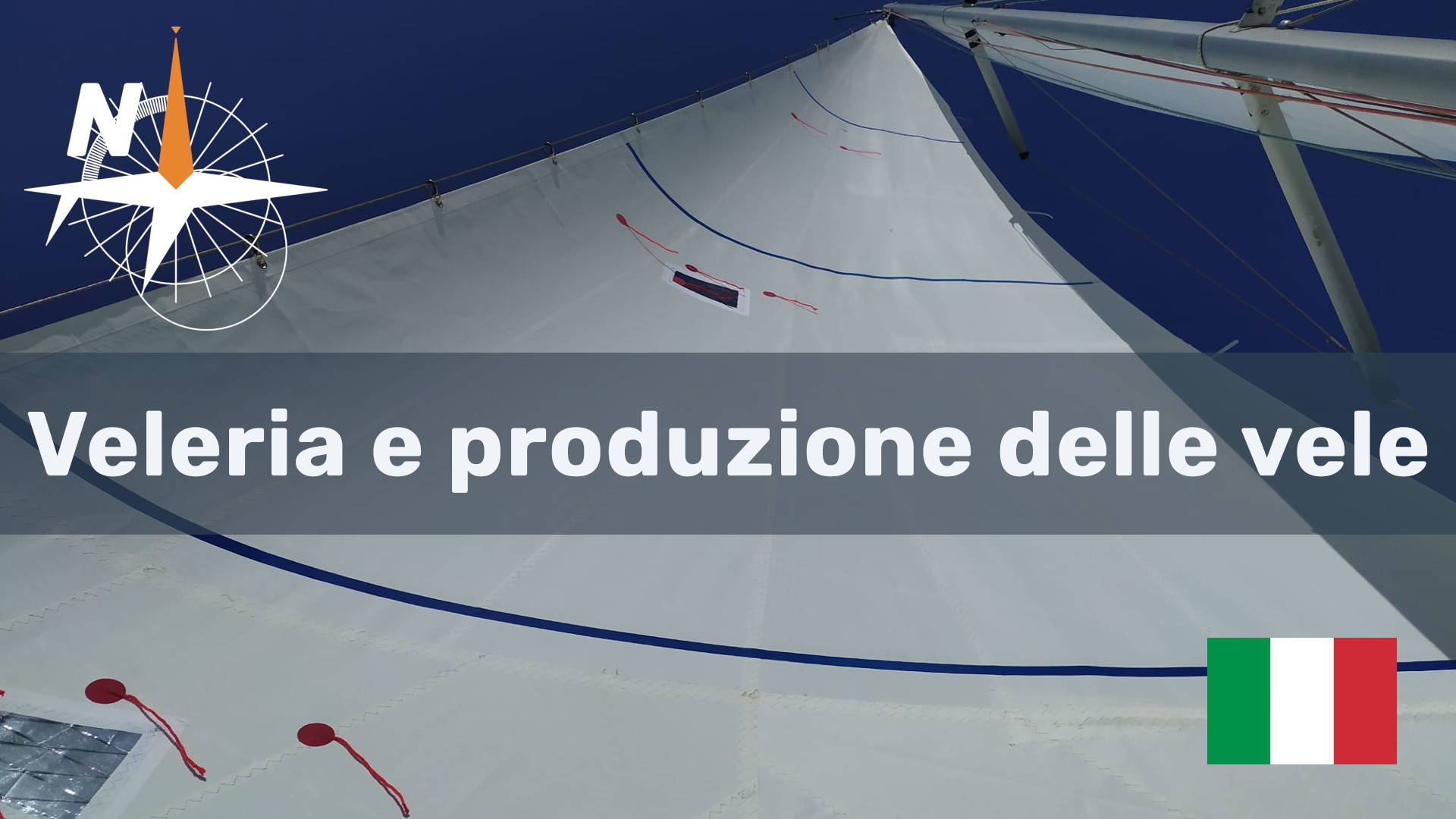Welcome!
Welcome to this introductory course in Sail Design!
Having a good set of sails is crucial for enhancing a sailboat’s performance on the water. However, sailors often underestimate the importance of having a sail inventory that matches perfectly with their boat and the type of sailing they intend to do.
The science and methods of sail design are fascinating. Yet, there is not a lot of available material to properly understand all the challenges and decisions that a sail designer needs to take to deliver the best possible sail for the boat.
This course aims to give a good insight into the various aspects of sail design and manufacturing to get a clearer picture of what’s behind the finished sails and all the work that is put into them.
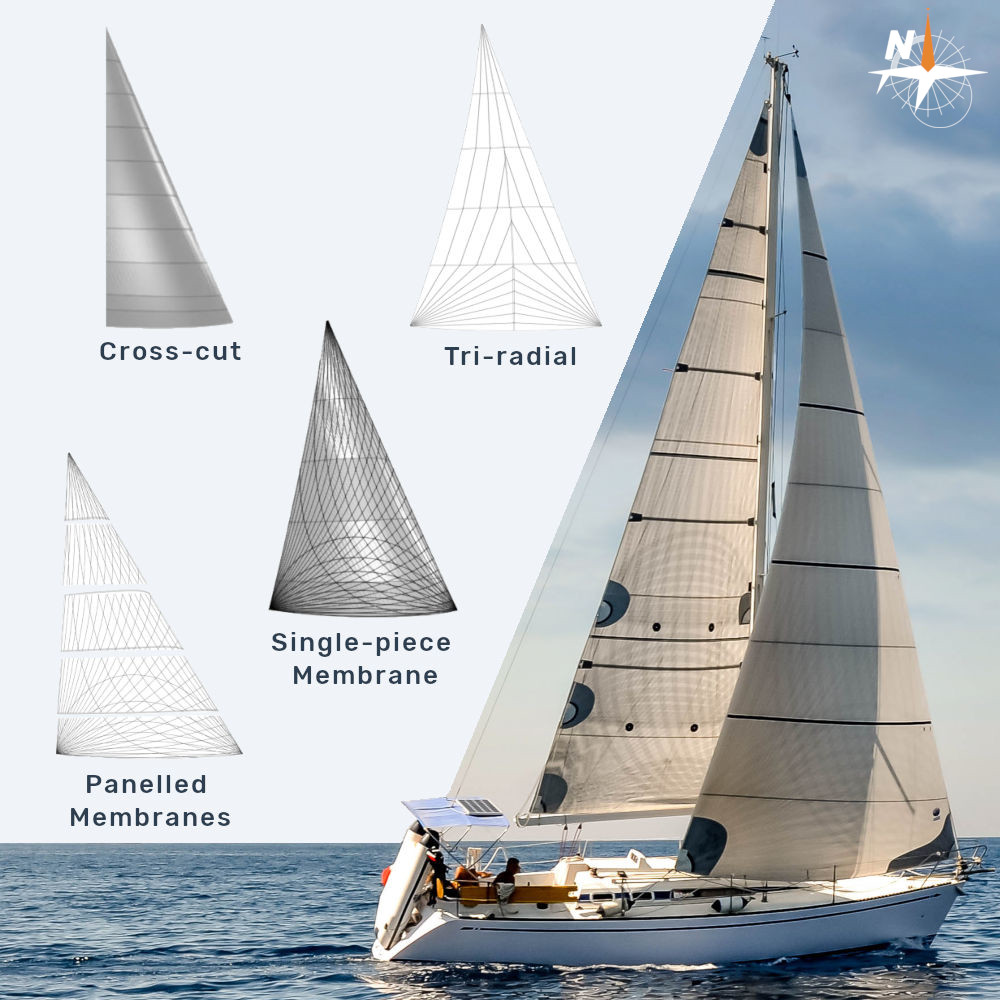
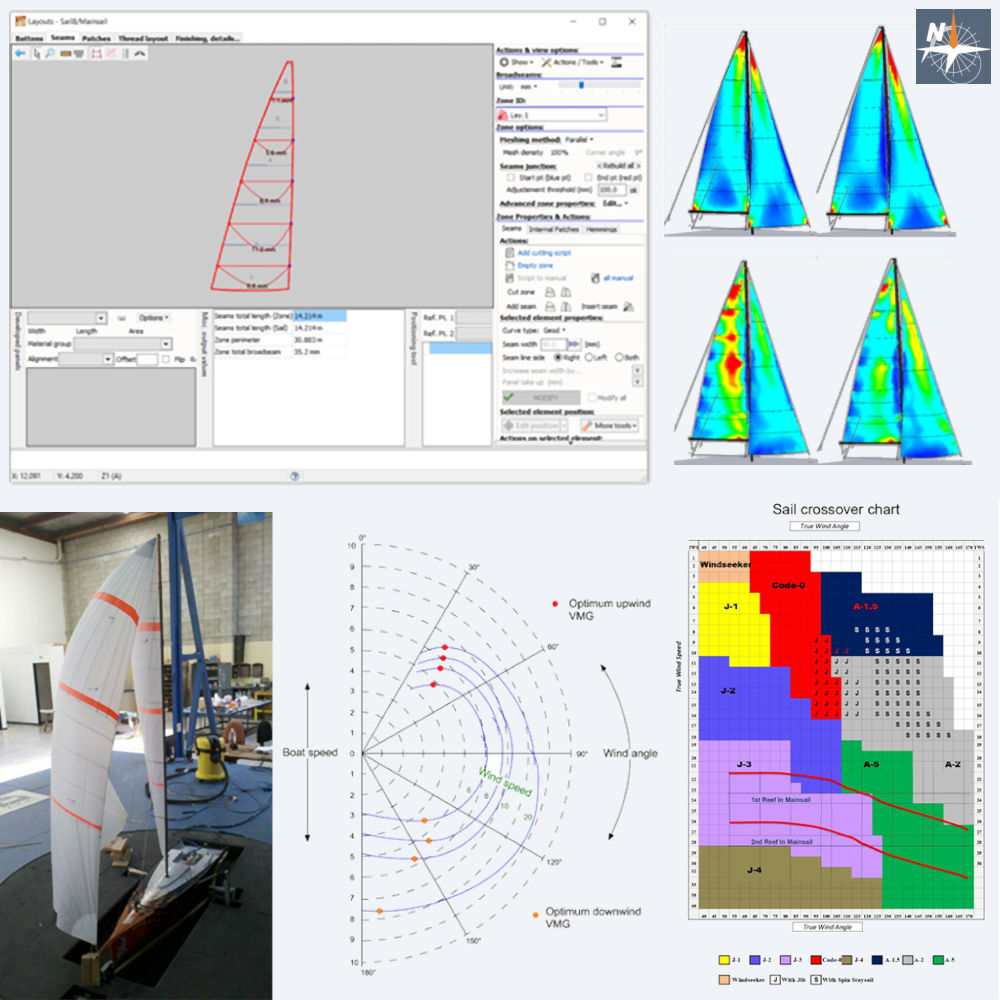
What will you learn?
The Sail Design 1 course will introduce you to the different aspects that a sail designer must consider when designing a new sail.
It is structured into several modules, each covering different aspects of sail design: rig, geometry, materials, aerodynamics, design phases, manufacturing, and sails inventories.
It starts with lessons covering the type of rigs, the geometry of sails, and the different types of sails to have a clear overview of the terminology needed in sail design.
Then the course discusses sail materials: parameters of interest in cloths, the types of fibers and their properties, and the common sailcloths and their construction methods.
The course moves next into sail aerodynamics and discusses how lift is generated, flow around the sails, aerodynamic forces, and methods for their calculation.
After tackling aerodynamics, the course goes into how sails are designed and manufactured in real life. Here, the relationship between design and manufacturing is examined, and their different phases are presented.
The course ends by discussing sails inventory.
Students coming from the Sailmaking or the Veleria e produzione delle vele courses
This course’s “Geometry” and “Cloth Materials” modules are very important as they discuss many technical terms and details that will be used throughout the course. These modules offer the same content as those under the same name in the Sailmaking and the Veleria e produzione delle vele courses. Students coming from the Sailmaking or the Veleria e produzione delle vele courses can skip these two modules, although it is recommended to re-listen to them again, as a refresh never hurts.
Students coming from Sailmaking or enrolling simultaneously in both Sail Design 1 and Sailmaking will get a 10% discount on one of the courses. Students coming from Veleria e produzione delle vele will get a 10% discount on this course. The discount will be automatically applied when checking out.
Languages
- Video lessons in English.
- Subtitles in English and Italian.
- Documentation in English and Italian.
Course organization
The course is video-based, and you can follow it at your own pace. Students who complete the course will obtain a Certificate.
Course students will also have access to the course’s virtual private classroom, where they can interact with the course instructors and fellow students.
– Resources:
- Video lessons in English.
- Captions in English and Italian.
- Course materials in English and Italian.
- Quizzes.
- Course Certificate.
– Classroom:
– Prerequisites:
- To follow the course, it is not necessary to have any prior knowledge of sail design. However, a technical background can be helpful.
- A minimum Navalapp membership level of “Subscriber” (free membership) is required to enroll in this course.
RINA endorsement
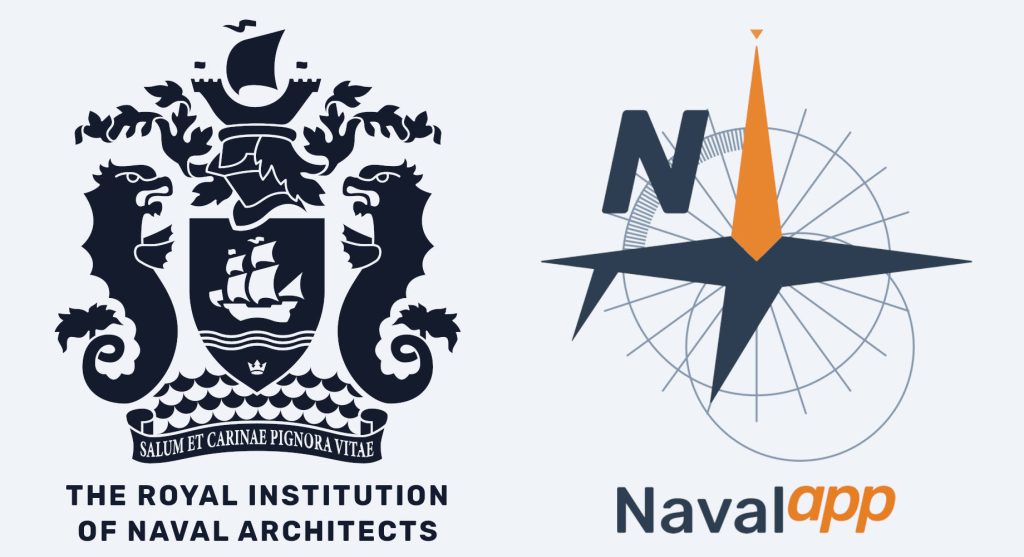
After a thorough evaluation, the Royal Institution of Naval Architects (RINA) has found that Navalapp’s course Sail Design 1 meets the Institution’s requirements for Continuing Professional Development (CPD). Therefore, RINA has considered that the course warrants recognition and has issued a Certificate of Endorsement.
During the evaluation, RINA studied different aspects of the course, such as learning aims, content and structure, whether the information is up-to-date and factually correct, students’ evaluations of the course, the supporting information and materials, the instructor’s expertise, the method by which the students are evaluated, and Navalapp’s organization standards.
